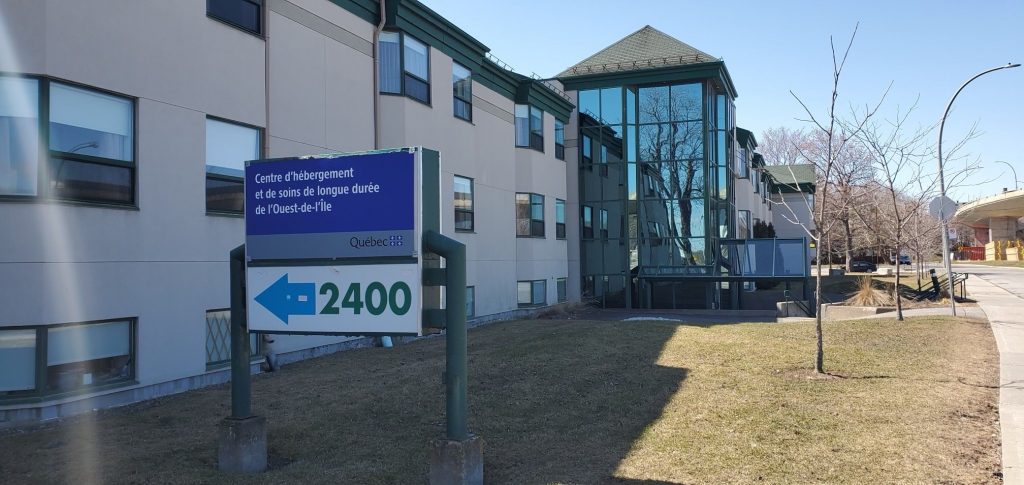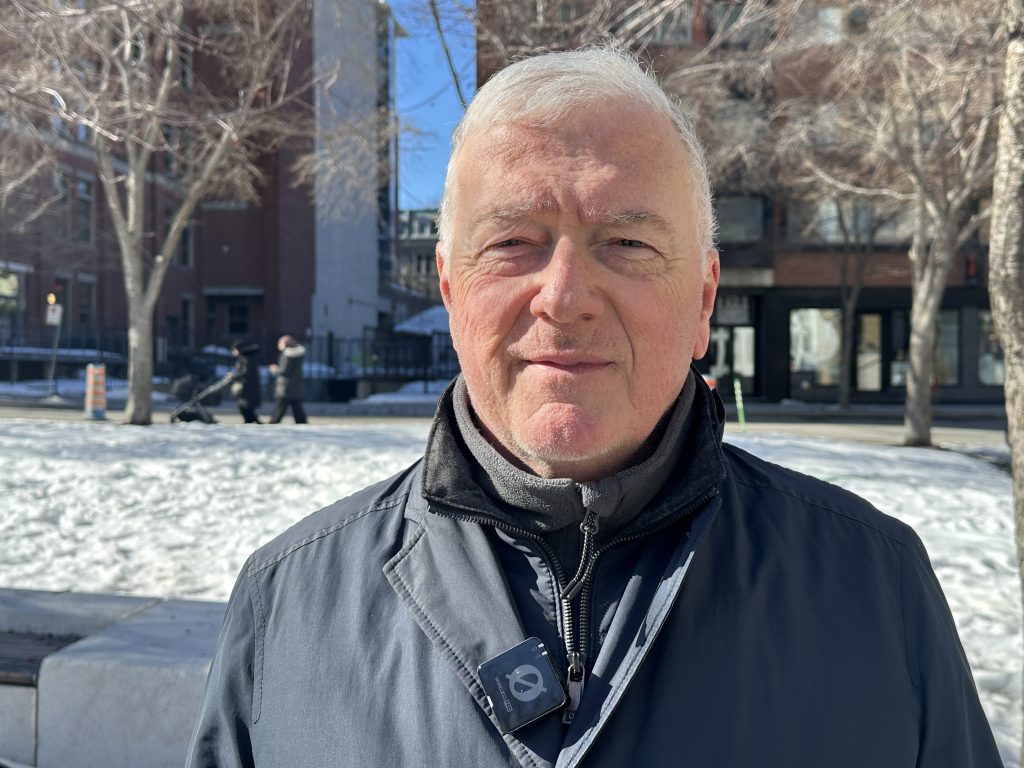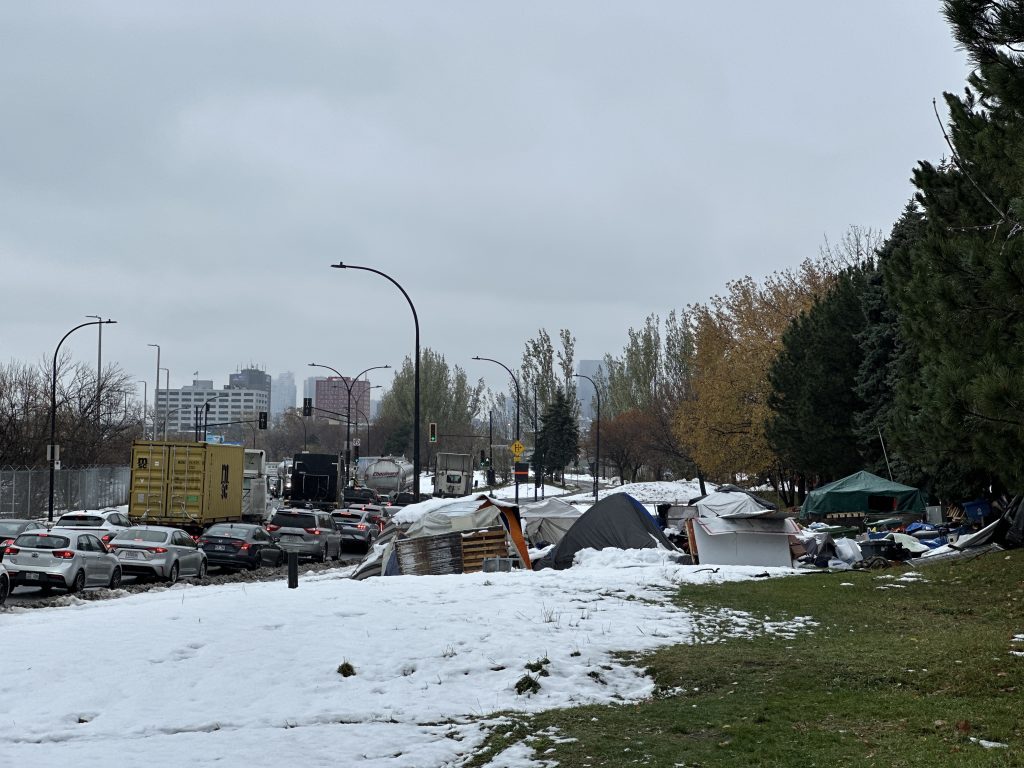Are Quebec’s long-term care homes better off 5 years after the pandemic devastated them?

Posted March 1, 2025 11:18 am.
Last Updated March 1, 2025 11:39 am.
More than 5,000 people died in Quebec’s long-term care centres in the first year of the pandemic – from March 2020 to 2021.
Five years after the crisis, a class-action lawsuit is ongoing against the Quebec government on behalf of all residents of public long-term care homes that experienced major COVID-19 outbreaks during the pandemic’s first year – spearheaded by Montreal medical malpractice lawyer Patrick Martin-Ménard.
It alleges the province’s response to the first two waves of COVID were improvised.
“Including the incomprehensible decision to ban family caregivers from having access to their loved ones in CHSLD which combined with the already significant shortage of personnel in the CHSLDs at that time led to horrific situations such as people either starving to death or dying because of a lack of care during these critical weeks,” Martin-Ménard said.

“The ones who ultimately paid the biggest price for this poor preparation were the people in the CHSLD who were really placed at the bottom of the priority list of all the last minute emergency measures that were taken by the healthcare system in March of 2020,” he added.
In January 2024, a judge authorized the class-action lawsuit, which represents anyone who lived in CHSLDs with a COVID-19 outbreak of at least 25 per cent of residents infected during the first two waves – targeting 116 residences across the province.
READ MORE: Class-action lawsuit over COVID-19 outbreaks in Quebec long-term care is approved
‘”If we had been prepared better I think we could have avoided a lot of the pain and suffering that happened,” said Martin-Ménard.
In 2022, Quebec Coroner Géhane Kamel released a damning report into the long-term care deaths of seniors during the first wave of the pandemic, highlighting the lack of care.
She made 23 recommendations to different government bodies including implementing safer ratios of workers to residents and ensuring the necessary supply of protective equipment at all times.
RELATED: Coroner’s report into long-term care home seniors’ deaths highlights lack of care
“Make sure that we have enough material for the inventory,” said patients’ rights advocate, Paul Brunet. “And when there’s a crisis, we have what we need. We’re not stuck with material that is outdated.”
Brunet added, “I would want to see relatives, caregivers and users and residence committees be treated with more respect and be declared essential services so that thousands of elders will not die the next crisis because they were abandoned without food or without water.”

But has the situation improved compared to 2020?
“I don’t feel like we’re a whole lot better than we were during COVID,” said Joyce Shanks, a member of the Maimonides Family Advocacy Committee.
“I think there are circumstances that have changed the situation, for example: nion negotiations for nurses and for staff,” she added. “They’ve now insisted that they have more flexibility in choosing their schedules. And in doing so, it can sometimes, not necessarily short staff, but in some cases, short staff floors at the long-term care facilities, but move staff around because they may not want to work weekends. So there’s a continuity that gets lost due to these particular union changes.”
Quebec’s Health Ministry tells CityNews in a statement that: “[…] Work was carried out to improve the provision of care and services to seniors and the second wave action plan included several measures, including the identification of a manager responsible for each CHSLD, the training of those responsible for implementing infection prevention and control measures.”
All angles of the COVID-19 pandemic have been analyzed since 2020, which has allowed us to learn lessons and important learnings from pandemic management.”
“I’m hoping that we have developed the reflexes that will allow the public health authorities to react in a more proactive way next time as opposed to simply doing a bunch of things last minute in the days and weeks before the pandemic actually hits Quebec,” said Martin-Ménard.








